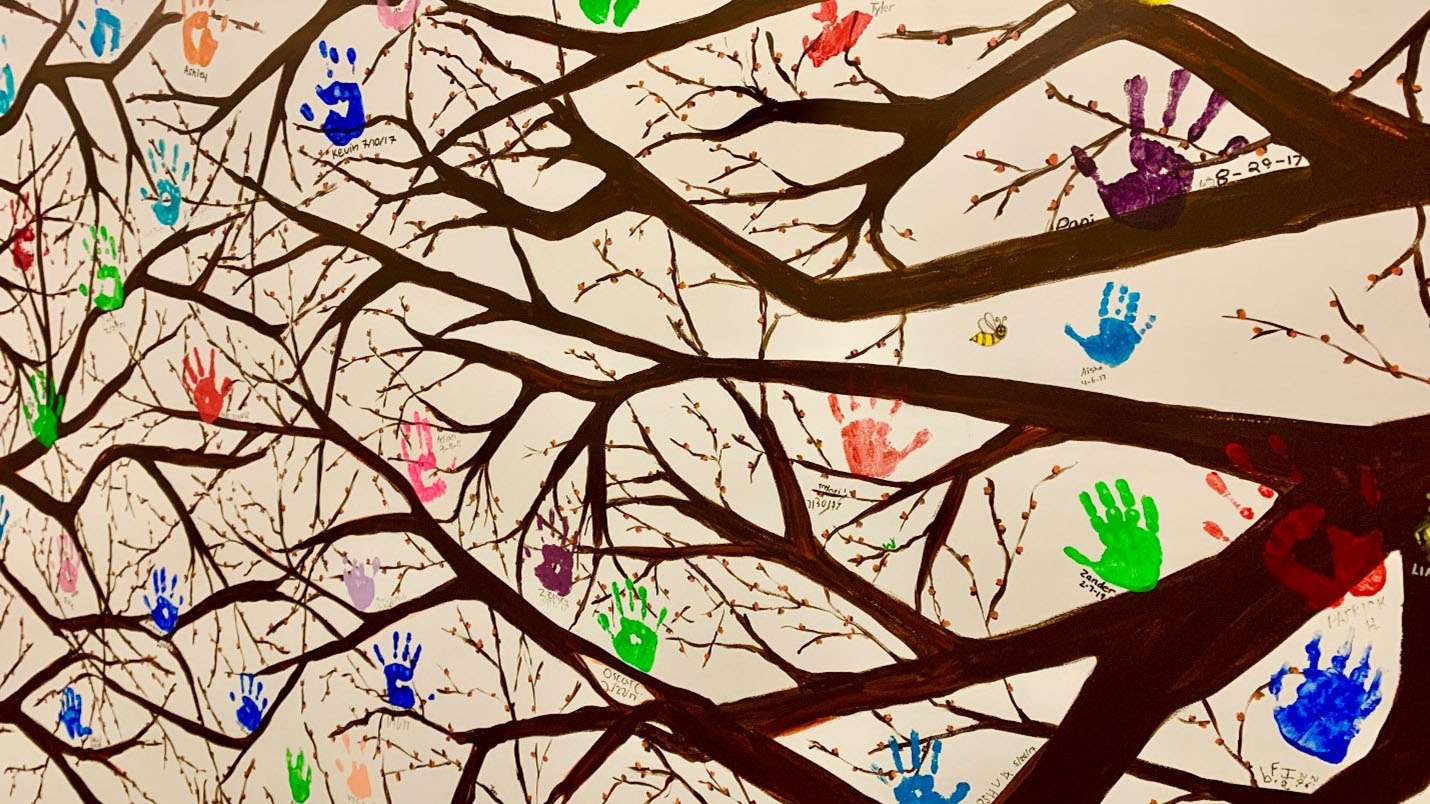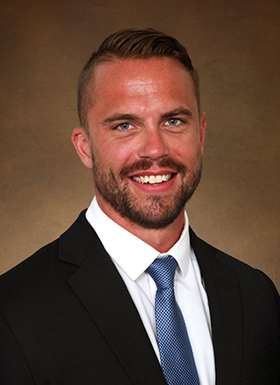Medical College of Wisconsin Hand Surgery Fellowship

About Our Fellowship
Eligibility
- Completion of an ACGME Accredited Plastic or Orthopedic Surgery Residency Program
- Eligible for Board Certification in Plastic or Orthopedic Surgery
- Eligible for or currently hold a State of Wisconsin Medical License
- One-year commitment (August 1 to July 31)
Program Goals and Objectives
Overall Program Goals:
- To provide a well-monitored academic environment for achieving excellence in the diagnostic, cognitive, therapeutic, and technical skills essential in the treatment of congenital, acquired, traumatic, infectious, and degenerative diseases and conditions affecting the musculoskeletal system and nerves of the entire upper extremity.
- To encourage the Fellow to evaluate new technologies and adapt them for appropriate use in their patients.
- To assist the Fellow in appropriate review and evaluation of current literature and to promote integration of this information into clinical practice, including seeing one research project through to its completion over the course of the year.
- To provide a fund of knowledge that will enable the Fellow to successfully pass the clinical competency certification exam for Certificate of Added Qualifications in Hand Surgery.
- To prepare each Fellow for a career in hand surgery either in academics or private practice.
Overall Program Objectives
This fellowship seeks to develop scientifically thinking Fellows who are committed to excellence through continued learning, role models for residents, students and Allied Healthcare providers, with high surgical skills, proficient in the ACGME competencies, and able to:
- Demonstrate advanced knowledge of anatomy and biomechanics of the hand and upper extremity.
- Demonstrate knowledge of the pathophysiology of hand, wrist, and elbow( with exposure to shoulder for those interested) disorders and injuries.
- Demonstrate competency in appropriate examination/evaluation of patients and decision making to determine when surgical and conservative management is warranted for a variety of hand and upper extremity pathology.
- Demonstrate confidence to perform, in an increasingly independent fashion, surgical techniques consistent with a hand surgeon, including open, arthroscopic, and microscopic techniques.
- Demonstrate understanding of postoperative care and rehabilitation after hand and upper extremity injuries and surgeries.
Educational Requirements
- Attend below conferences and all resident conferences pertaining to fatigue, professionalism, communication, and other ACGME General Competencies.
- Maintain an ACGME operative case log.
- Maintain a log of duty hours.
- Supervise and teach residents and medical students as appropriate.
- Fulfill the research requirement--to produce at least one paper of publishable quality in basic and/or clinical research.
- Demonstrate sufficient professional ability to practice competently and independently as a hand surgeon.
Didactics Curriculum
- Monday Morning Indications Conference: presentation of upcoming interesting cases, including hand/upper extremity. Once monthly while on the Plastic Surgery rotation.
- Wednesday Hand Surgery Conference: weekly conference for presentations by Faculty, Guest speakers, residents and fellows on various topics. Fellows present 3-4 times per year.
- Friday Book Review: weekly discussion of book chapters from seminal text related to topics covered in hand conference.
- Bi-monthly Journal Club: Fellow-led discussion of hand surgery journal articles
- M&M Conference: monthly morbidity and mortality conference. Fellows occasionally present cases in which they were involved while on Plastic Surgery.
- Anatomy Lab: Three times yearly dissection labs offered through the Plastic Surgery department.
How to Apply
- Register through the NRMP’s Combined Musculoskeletal-Hand Surgery Matching Program
- Complete the online application through the ASSH website
Reasons to live in Milwaukee
Current Fellows

Thomas Cervantes, MD
Hand Surgery Fellow

Michael Gehring, MD
Hand Surgery Fellow
Plastic Surgery Faculty

Patrick C. Hettinger, MD
Associate Professor

Robert Havlik, MD, FACS
Chair, Professor

William W. Dzwierzynski, MD
Professor

Gwendolyn Hoben, MD, PhD
Assistant Professor

Kun-Tai Hsu, MD
Assistant Professor

Kate Buretta Krucoff, MD
Assistant Professor

John A. LoGiudice, MD
Professor

David Rivedal, MD
Assistant Professor

Sarah E. Sasor, MD
Associate Professor
Orthopedic Surgery Faculty

Steven I. Grindel, MD
Professor

Jessica M. Hanley, MD
Associate Professor

Anthony J. LoGiudice, MD
Associate Professor

Connor Sullivan, MD
Assistant Professor
For More Information
For information regarding the Hand Fellowship, please contact:
Patrick Hettinger, MD
Program Director
Alyssa McNulty
Education Coordinator
MCW – Tosa Health Center
Department of Plastic Surgery, Suite T2600
1155 N. Mayfair Rd., South Entry
Milwaukee, WI 53226
(414) 955-3863

